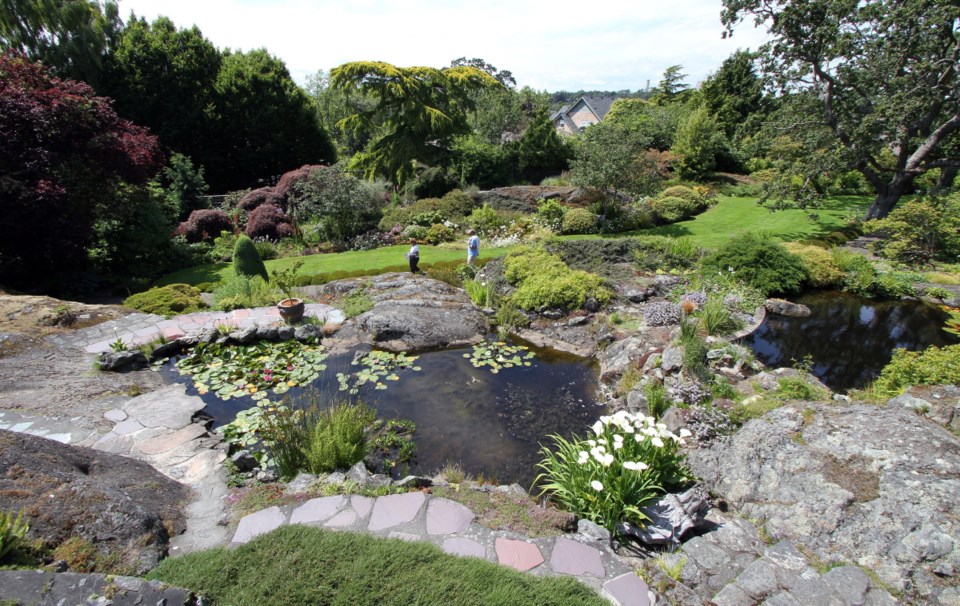The Land Conservancy of B.C. has climbed out of creditor protection and is standing on its own financial feet after more than three years.
A certificate of completion has been issued by the Supreme Court of B.C., putting an end to the lengthy job of dealing with a crippling financial mess.
The 20-year-old Victoria-based, non-profit organization has sold and transferred properties and seen loans forgiven by supporters to achieve its goal.
A total of 36 properties have gone to other non-profit conservation groups, individual, and different levels of government.
“The board and I are forever grateful to our partners in the conservation community for assisting us in finding the best stewards for these lands,” Frances Pugh, co-chairperson of the Land Conservancy’s board of directors, said Monday.
Bitter infighting occurred as the organization slid deeper into debt. It had taken out mortgages on properties, not a common practice among land conservation organizations, and donations did not always end up where they were supposed to go.
As the organization went into protection from creditors, new management was brought in to work with a court-appointed monitor.
Today, the mandate is not about going into unsustainable debt to buy properties but rather to protect important lands by managing conservation covenants. A core group of properties remains in the hands of the Land Conservancy.
The Land Conservancy went into creditor protection in fall 2013 owing more than $7 million, and costs mounted through the process. Since then, it has paid $7.3 million to creditors and $2.4 million to lawyers and the monitor, Pugh’s statement said.
Supporters provided $1.6 million worth of creditor forgiveness and another $230,370 in donated legal fees. TLC now owns seven properties, including Madrona Farm and Abkhazi Garden, and it holds more than 240 conservation covenants throughout the province.



